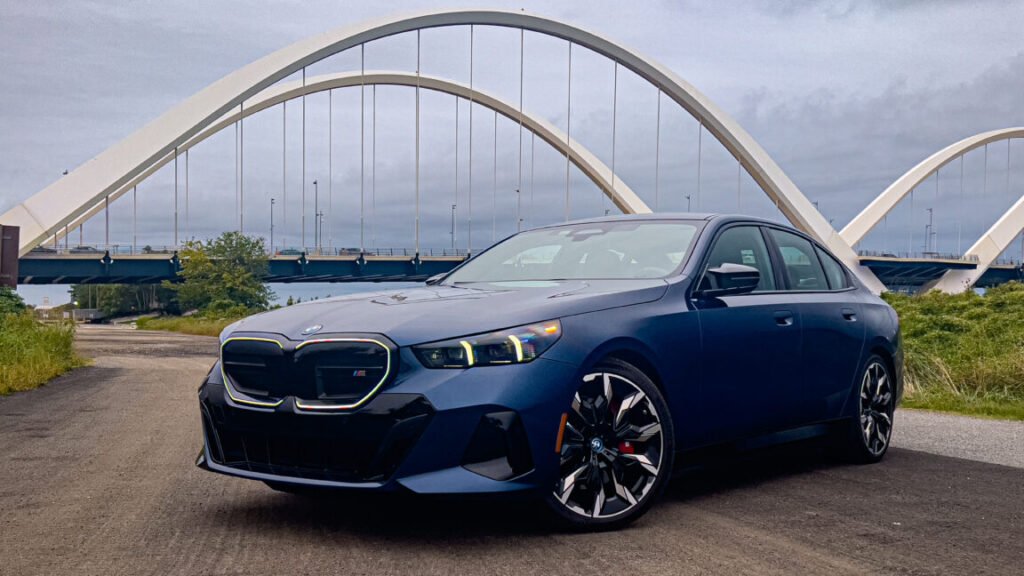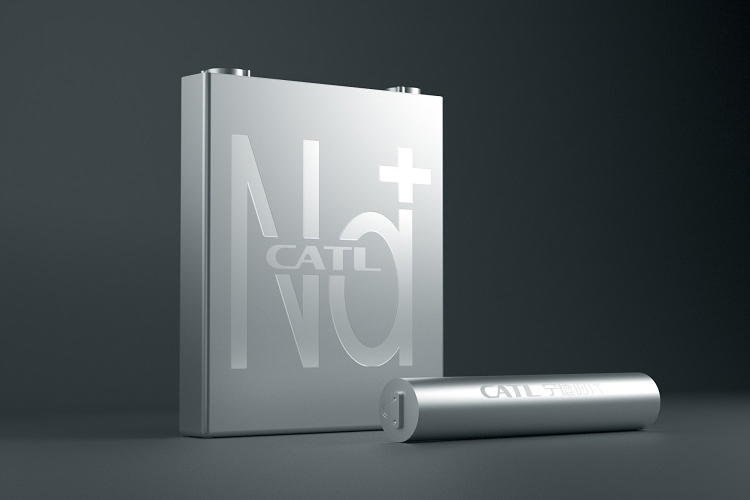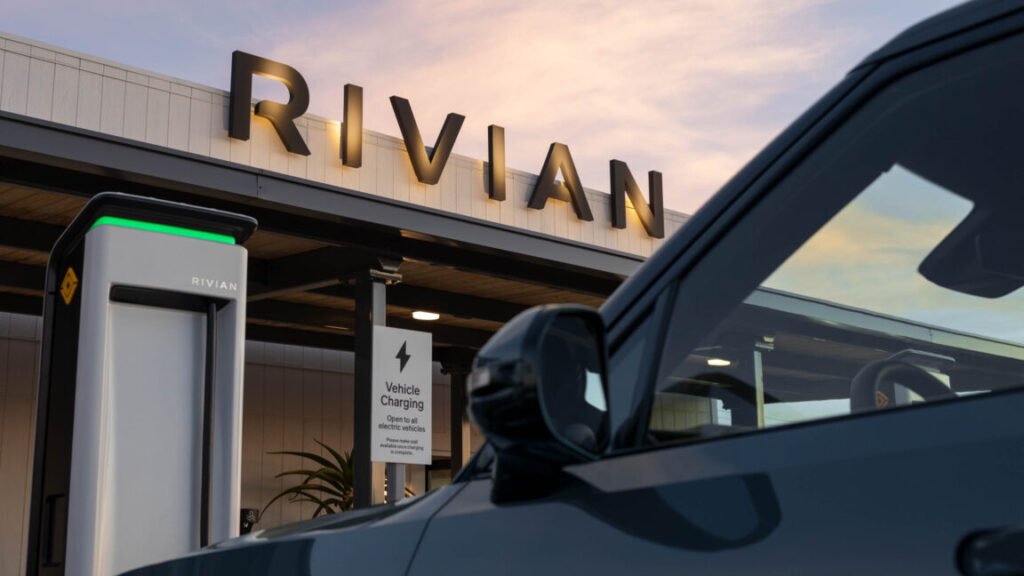“We want to make sure that we are setting up our business model so that we are flexible enough” to address shifts in demand, Sander told the summit. “Our whole business and life cycle planning is much more dynamic now.”
US rival General Motors, which had largely eliminated plug-in hybrids from its range, said in January that it would reintroduce the technology.
Consumers’ increasing hesitation comes just as carmakers face a growing threat from Chinese manufacturers rolling out cheaper electric vehicles both in their domestic market and, increasingly, in Europe.
To remain competitive in China, Peugeot needs to stay “agile” to avoid getting sucked into the country’s price war, said its chief executive, Linda Jackson. “We’re holding on, but the Chinese market is the biggest automotive market in the world so it’s very difficult for a global manufacturer not to be present,” Jackson said.
According to Schmidt Automotive Research, Chinese brands like BYD as well as brands such as Polestar that manufacture in China accounted for almost 10 percent of the fully electric cars registered in western Europe in March. That is up from just over 4 percent two years ago.
“We see an increase of competition coming from China brands and other technology worlds,” Nissan chief executive Makoto Uchida told the summit.
The threat from Chinese companies has only heightened carmakers’ focus on hybrids, which typically have double-digit margins compared with often loss-making fully electric vehicles.
For many carmakers, the slower switch is allowing them to continue to squeeze profits from traditional engines while also providing more financial firepower to develop electric vehicle technology.
The majority of the industry still believes that developing profitable fully electric cars is the most important long-term goal.
Earlier this week, Toyota, the biggest champion of hybrids in recent years, said that it planned to lift spending on new technologies by more than 40 percent after hybrid sales drove the group’s profits to a record last year.
© 2024 The Financial Times Ltd. All rights reserved. Not to be redistributed, copied, or modified in any way.




